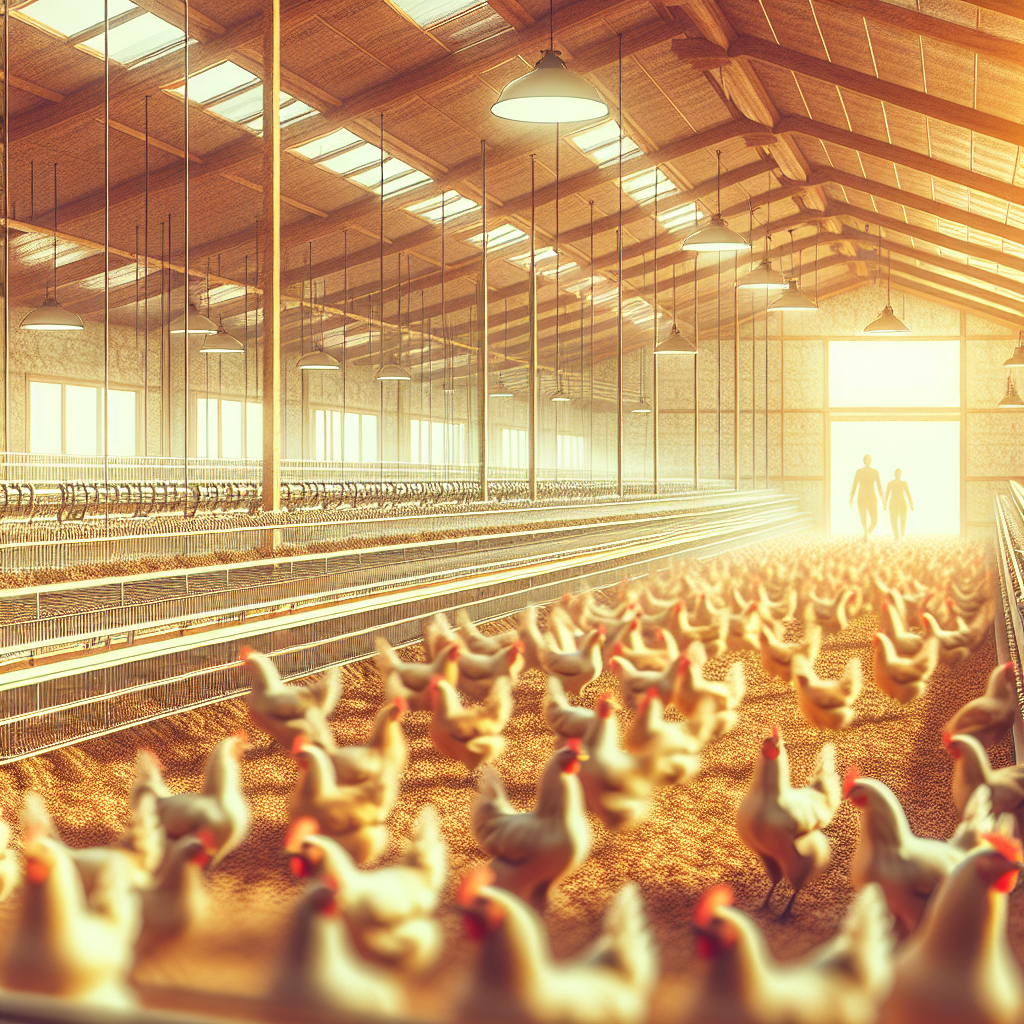In this article, we will explore the important topic of health and disease considerations for larger flocks. Whether you are a seasoned poultry farmer or just starting out, understanding how to maintain the well-being of your flock and prevent the spread of diseases is crucial. We will discuss key factors such as biosecurity measures, vaccination protocols, and proper hygiene practices that will help you ensure the health and longevity of your flock. So, let’s dive into this informative discussion and learn how to keep your feathered friends happy and disease-free. When you have a larger flock of birds, there are several important health and disease considerations that you need to keep in mind. Ensuring the well-being of your flock is essential for their productivity and longevity. By implementing proper biosecurity measures, nutrition and feeding practices, housing and space requirements, disease prevention and control strategies, parasite control methods, stress management techniques, flock health monitoring, disease surveillance and reporting protocols, emergency preparedness plans, and environmental management strategies, you can maintain a healthy and thriving flock.
Biosecurity measures
Biosecurity measures are essential for preventing the introduction and spread of diseases within your flock. Quarantine procedures should be implemented to separate new birds from the rest of the flock for a specific period to monitor their health and minimize the spread of potential diseases. Restricted access to the flock should be implemented, allowing only essential personnel to enter the premises to minimize the risk of disease transmission. Proper sanitation practices, such as cleaning and disinfection of equipment, housing, and water sources, should be regularly carried out to eliminate potential disease carriers and pathogens.
Nutrition and feeding
Providing a balanced diet is crucial for the overall health and productivity of your birds. A well-balanced diet should include the appropriate nutrients, vitamins, and minerals required for their optimal growth and development. Monitoring feed intake and quality is necessary to ensure that your flock is receiving an adequate amount of nutrition. Regularly inspecting feed for signs of spoilage or contamination is essential to prevent any nutritional imbalances that could lead to health issues.
Housing and space requirements
Adequate housing size and proper ventilation are vital for the health and well-being of your birds. Overcrowding can increase stress levels and the risk of disease transmission. Providing enough space for your flock to move around freely is crucial. Suitable roosting and nesting areas should also be provided, allowing your birds to rest comfortably and engage in natural behaviors. Proper housing design and maintenance can help prevent the accumulation of moisture and the growth of harmful bacteria.
Disease prevention and control
Implementing vaccination programs is an effective way to protect your flock from common diseases. Regular health inspections by a qualified veterinarian can help detect any potential health issues early on. Isolating sick or infected birds is essential to prevent the spread of diseases to the rest of the flock and provide proper care and treatment. Prompt and proper treatment should be administered by a veterinarian to minimize the impact of diseases on your flock’s health.
Parasite control
Parasites such as mites, lice, and worms can negatively impact the health and productivity of your birds. Implementing parasite prevention strategies, such as regular cleaning and disinfection of housing and equipment, can help reduce the risk of infestations. Regular deworming should be carried out as recommended by a veterinarian. Monitoring your birds for signs of infestation, such as feather loss or irritability, can help detect and address any parasite issues promptly.
Managing stress
Minimizing noise and disturbances in the flock’s environment is essential to reduce stress levels. Birds can be sensitive to loud noises, sudden movements, and overcrowding, which can lead to increased stress and compromised immune systems. Reducing handling and transportation can also help minimize stress. Providing environmental enrichment, such as perches, toys, and dust-baths, can help alleviate boredom and improve the overall well-being of your flock.
Monitoring flock health
Regular health checks should be conducted to monitor the overall health status of your birds. This includes checking for signs of illness, injury, or abnormal behaviors. Observing behavioral changes, such as decreased activity or changes in feeding patterns, can indicate potential health issues. Monitoring egg production and quality is also important, as changes in egg production or the appearance of abnormal eggs may signal underlying health problems.
Disease surveillance and reporting
It is crucial to report any unusual symptoms or sudden increases in mortality to your veterinarian or relevant veterinary authorities. Participating in disease surveillance programs can help identify and prevent the spread of diseases in your area. Cooperating with veterinary authorities and following their recommendations can help protect your flock and the wider community from the potential impacts of disease outbreaks.
Emergency preparedness
Developing a contingency plan is essential for managing unexpected events or disease outbreaks. This plan should outline the steps to be taken during emergencies, including procedures for isolating infected birds, contacting a veterinarian, and implementing additional biosecurity measures. Ensuring access to veterinary care and maintaining proper records of flock health, vaccination history, and treatment protocols can help facilitate effective emergency response and minimize the impact of disease outbreaks.
Environmental management
Proper waste management is crucial to prevent the buildup of bacteria and disease organisms. Regularly cleaning and removing waste from the premises is essential for maintaining a clean and hygienic environment. Preventing water and soil contamination is also important to avoid the spread of diseases through these mediums. Implementing effective biosecurity measures around the farm, such as controlling visitor access and preventing contact between wild birds and your flock, can further enhance environmental management and reduce the risk of disease transmission.
By focusing on these key areas of flock management, you can help ensure the health and well-being of your larger flock. Implementing biosecurity measures, providing a balanced diet, maintaining suitable housing and space requirements, preventing and controlling diseases and parasites, managing stress, actively monitoring flock health, participating in disease surveillance programs, preparing for emergencies, and implementing environmental management strategies are all essential components of maintaining a healthy and thriving flock. Your dedication to these measures will contribute to the overall success and longevity of your poultry operation.




